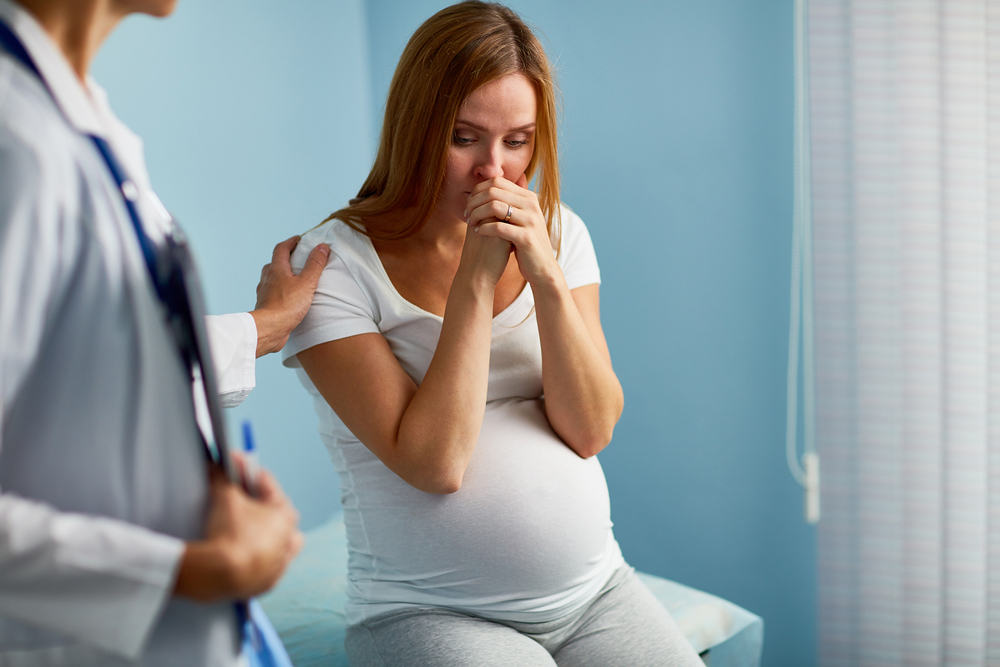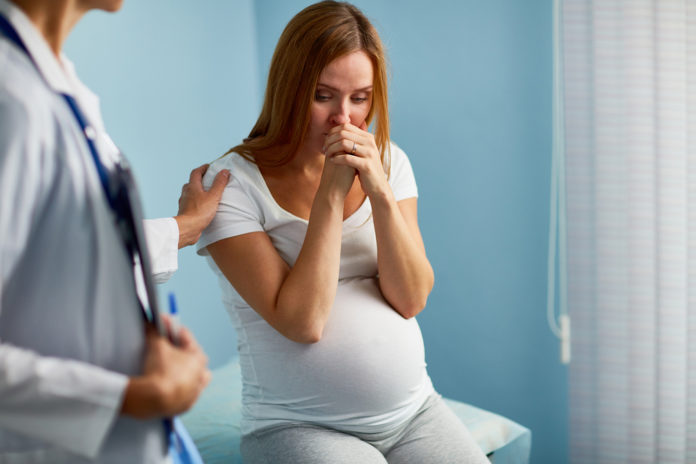Many pregnant women fear that the changes they may undergo while detoxing from opioids could cause harm to their unborn babies. However, recent research published in the American Journal of Obstetrics & Gynecology found that opioid detoxification during pregnancy coupled with inpatient addiction treatment or intense outpatient follow-up management lowered the rate of neonatal abstinence syndrome (NAS).
Researchers analyzed 301 pregnant women who were addicted to opioids over a period of 5 1/2 years and found that those who were completely detoxified had “no adverse fetal outcomes” related to the detox process. The women underwent either an inpatient detox with intense outpatient addiction treatment, inpatient detox without intense outpatient addiction treatment, outpatient drug detox using buprenorphine, or an acute drug detox.
A total of 94 women delivered babies with NAS. The rate of NAS was 17.4 percent in the 23 women who underwent inpatient drug detox with intense outpatient follow-up; 17.2 percent in the 93 women who underwent slow outpatient drug detox using buprenorphine; and 18.5 percent in 108 incarcerated women who underwent acute drug detox. The rate of NAS among the 77 women who only went through inpatient drug detox without intense outpatient follow-up was 70.1 percent.
Currently, obstetricians do not promote detoxification for pregnant women addicted to opioids due to the risks of premature birth, relapse, and stillbirth. This recommendation stems from two case reports from the 1970s, which suggested that drug detox amid pregnancy could harm a fetus, though recent research has shown that detox had “minimal” harm on fetuses.
The primary objective of the 2016 study, conducted by physicians at the University of Tennessee Medical Center, was to evaluate whether drug detox during pregnancy was safe — a concern prompted by the rising rate of NAS in Tennessee, where approximately 1,000 newborns a year are treated for NAS.
Researchers stated that the study’s strength… (continue reading)

















